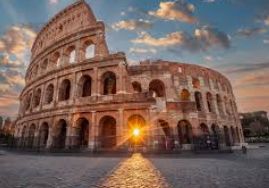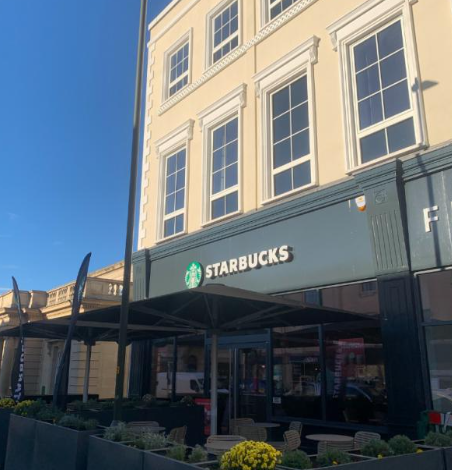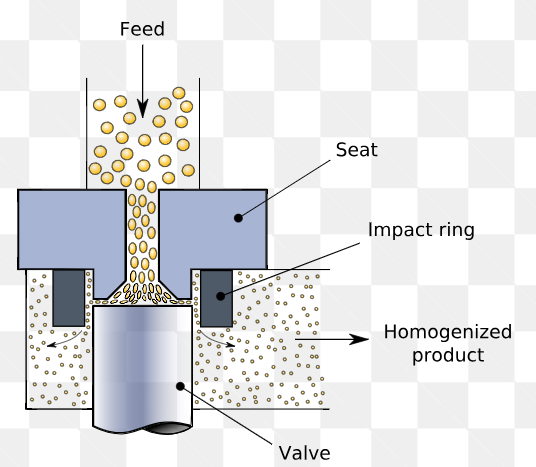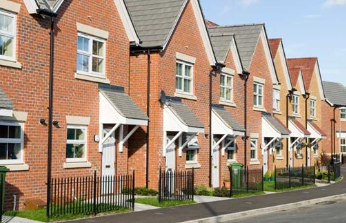Changing Places
1/28
Earn XP
Description and Tags
Good Luck
Name | Mastery | Learn | Test | Matching | Spaced |
|---|
No study sessions yet.
29 Terms
Location
Where a place is eg. coordinates on a map
Locale
The effect people have on a place

Sense of Place
Subjective and emotional attachment people have to a place, can be affected by experiences and perspective.
Perception of Place
How individuals interpret and understand a place, influenced by their experiences, beliefs, and cultural background.
Placemaking
Shaping of an environment to facilitate communities quality of life

Descriptive approach
World is a set of places and each place is distinct

social constructionalist approach
Perspective that places are defined through social process like Trafalgar square to commemorate British Naval victory - could be considered as a place of empire

Phenomenological Approach
Focus on individual experiences and meanings attached to places.

Place
Location with meaning
Location
Physical Characteristics
Human Characteristics
Sense of Place
Space
An empty area to be used
Identity
Character or personality of a person or place

Localism
Emotional ownership of a particular place
Demonstrated through NIMBYism in relation to development projects

Regionalism
Loyalty to a distinct region with a population that shares similarities

Nationalism
Loyalty or devotion to a nation
for example patriotism
Homogenised
Process of making places uniform or similar so they become indistinct from one another

Glocalisation
Products or services that are distributed globally but changed to appeal to the target consumer for that country.
Producing wider variety of vegetarian options in India
Clone Town
Retail towns that are dominated by national or international chains as supposed to independant retailers
Placelessness
Loss of uniqueness of place in the cultural landscape so one place looks the same as the next

Insider Perspective
Someone who is familiar with a place and feels part of the community
does daily things in village
emotional attachment since often grew up there
Religion, accent, community, familiarity with area
Can be local (village spirit), regional (Accent) or national (language) level
Outsider Perspective
Someone feels unwelcome or excluded from a place
immigrant
homeless person
age/sexuality/gender
Someone who could have never visited this place so perspective of place would be very different to insiders
Positionality, give examples
How we percieve a place based on our race, age, gender, ethnicity, religion, politics and socioeconomic status
Experienced Place
Places people have spent time in
things they see
people they meet
sense of place
Could be the place of childhood home, relatives town, or home town
Media Place
Places people have not been to but have seen on media such as newspapers or the internet or through other people
created a sense of place through depiction of books/art/media
due to globalisation/advances in technology media places are feeling more like near places
Can provide a distorted view of character of place
Exogenous Factors
External factors shaping places character
Migration (eg Bangladeshi people in Brick Lane = fabric shops)
Flows of investment (Japanese Nissan in Sunderland = employment/built environment)
Relative Location (Near big city = commuter settlements)
Tourism (Affect land use and employment eg Las Vegas Casinos and hotels)
Endogenous Factors
Internal factors that shape a places character
Physical
location (coastal?Inland?Northern?Equatorial/Equatorial)
Topography (valley=claustrophibic/contained Flat=open/free but desolate)
Physical geography (soil/rock type)
Human
Land use (farming/recreation)
Built environment/architecture (transport/villages/cathedral/flats)
Demographic (gender, economy/work)
Near Place
Often geographically near, or how people feel like they are close
often near places people feel like insiders, however some people may feel excluded
Due to globalisation geographically far places are increasingly becoming near places
Far Place
Often geographically far away
Often outsiders since they are less likely to have experienced them and feel comfortable in them
Placemaking and Rebranding Strategies
top down (between government and private businesses)
Market-led (development driven by private investors)
Flagship development (prestigious cornerstone of regeneration)
Legacy (aims to use previous success of an event to continue regeneration)
Events (use of major cultural occasion for further development)